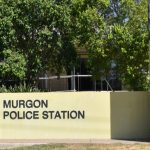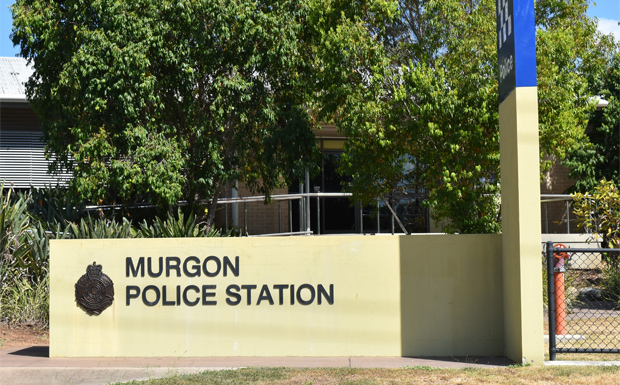October 14, 2013
Biosecurity Queensland has identified another cattle herd in central Queensland infected with Bovine Johne’s Disease (BJD).
Agriculture Minister John McVeigh said the latest detection was found as part of the ongoing testing of properties that received cattle from a stud outside Rockhampton which has been confirmed with BJD in November 2012.
“Samples have been submitted to the BJD reference laboratory in Victoria for strain typing. This is standard procedure for all positive results,” Mr McVeigh said.
“Biosecurity Queensland has identified properties that received cattle from this latest property and will be contacting owners this week to put any necessary movement restrictions in place.
“As this latest property is a commercial herd and not a stud, the number of potentially affected trace forward properties will not be as extensive as the previous detection.
“In addition, we believe the majority of the cattle affected in this case would already have been sent to slaughter so this will also reduce impacts.”
A Biosecurity Queensland spokesman said about 40 properties would be contacted as part of this latest detection.
“As with previous cases, we would urge affected producers not to dispose of any suspected animals before discussing their situation with Biosecurity Queensland,” the spokesman said.
“Disposing of animals without appropriate testing can greatly prolong movement restrictions.”
Mr McVeigh said the State Government had now made up to $5 million available to support producers affected by BJD.
“Producers need to get online or call 13-25-23 to find out what support they may be eligible to receive,” he said.
“The Queensland Government is committed to maintaining Queensland’s protected status for BJD.
“Biosecurity officers will be working very closely with affected producers and the cattle industry to contain any further infection and resolve cases as quickly as they can.
“Queensland leads the way in managing this disease, especially in how we work with individual property owners through our Property Disease Investigation Plans (PDIP).”
Biosecurity Queensland’s Chief Veterinary Officer Rick Symons said about 40 properties would be contacted as part of this latest detection.
“Queensland has a protected zone status and we will continue to work to keep BJD out of the State,” Dr Symons said.
[UPDATED]
Related Articles:
- $3m More In BJD Aid
- Beef Forum Backs BJD Campaign
- BJD Support Available For Graziers
- Feedback Sought On Cattle Levy
- Rally Behind Graziers: MP
- Sixty Properties Still Face BJD Bans
- Good And Bad News On BJD
- BJD Meeting In Gympie
- Agforce Welcomes New Biosecurity Fund
- BJD Band-Aid No Solution: Katter
- Voluntary Cattle Levy To Support New Industry Fund
- Two More Animals With BJD
- Ex-Chief Vet In BJD Role
- ‘Protected’ Status Key For BJD
- 150 Properties On BJD Watch List
- BJD Updates Available Online
- BJD Scare Locks Down Cattle
- MP Urges Graziers To Watch For BJD























